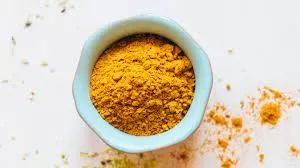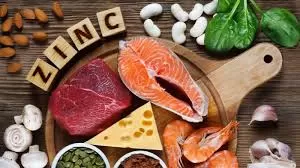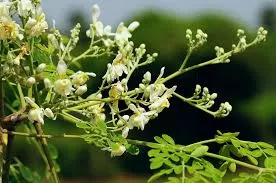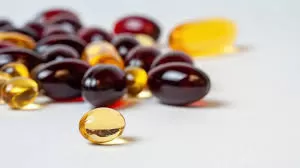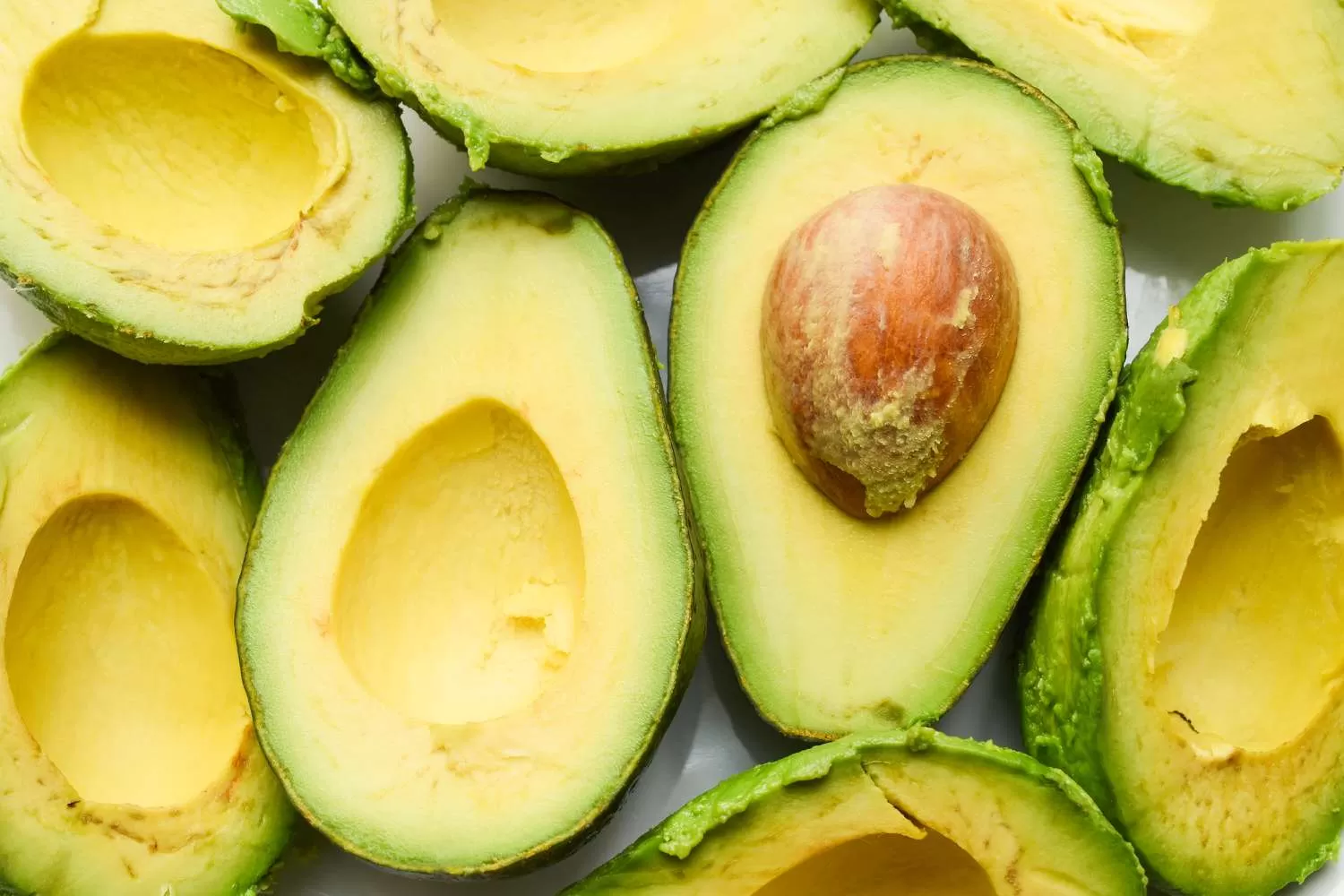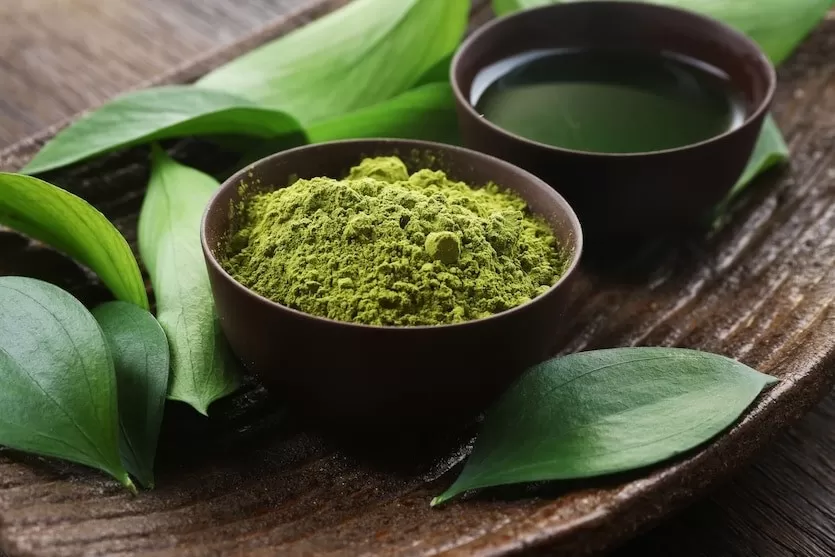- 0086-571-85302990
- sales@greenskybio.com
Extra Virgin Olive Oil: Potential Aid for Chronic Pain Management
2025-05-01
Extra virgin olive oil is well-known for its cardiovascular benefits, and emerging research suggests it may also help alleviate chronic pain. Compounds such as oleocanthal and oleoresin, present in olive oil, have been linked to reducing inflammation in a manner similar to ibuprofen.
Research Status
While studies directly examining olive oil's effects on human pain relief are limited, laboratory and pre-clinical research indicate that oleocanthal and oleoresin can inhibit inflammation and pain pathways. Christine Peterson, MD, a pain management specialist, notes that olive oil may reduce pain by inhibiting specific pathways and lowering systemic inflammation and oxidative stress.
Tests have shown that these compounds inhibit the same enzymes that ibuprofen targets, thereby reducing inflammation and pain. Additionally, oleocanthal and oleoresin mimic the sensory experience of taking ibuprofen for pain relief.
Cross-Sources of Oleocanthal and Oleoresin
Researchers are exploring whether oleocanthal and oleoresin from sources other than olive oil, like the shrub ligustrum vulgare, could be beneficial. However, Stephani Johnson, DCN RD, highlights that consuming extra virgin olive oil as a whole may offer unique therapeutic benefits due to the synergistic effects of its components.
Olive Oil vs. OTC Pain Medications
Despite its benefits, extra virgin olive oil shouldn't replace over-the-counter pain medications. Peterson cautions that oleocanthal is present only in small amounts in high-quality, properly processed olive oil, and its pain-relief impact is still uncertain.
Dietary Inclusion of Olive Oil
Consuming two to four tablespoons of extra virgin olive oil regularly may reduce chronic systemic inflammation, potentially easing pain over time. Some research hints at the topical application of EVOO for conditions like rheumatoid arthritis, but conclusive evidence is lacking.
Apart from pain management, olive oil provides multiple health benefits. It is rich in monounsaturated fats, aiding heart health by reducing LDL cholesterol levels, enhancing vascular function, lowering blood pressure, and minimizing the risk of blood clots—important factors for cardiovascular disease prevention.
-
Goldenseal: A Historic Herbal Remedy at Risk
2025-05-01






